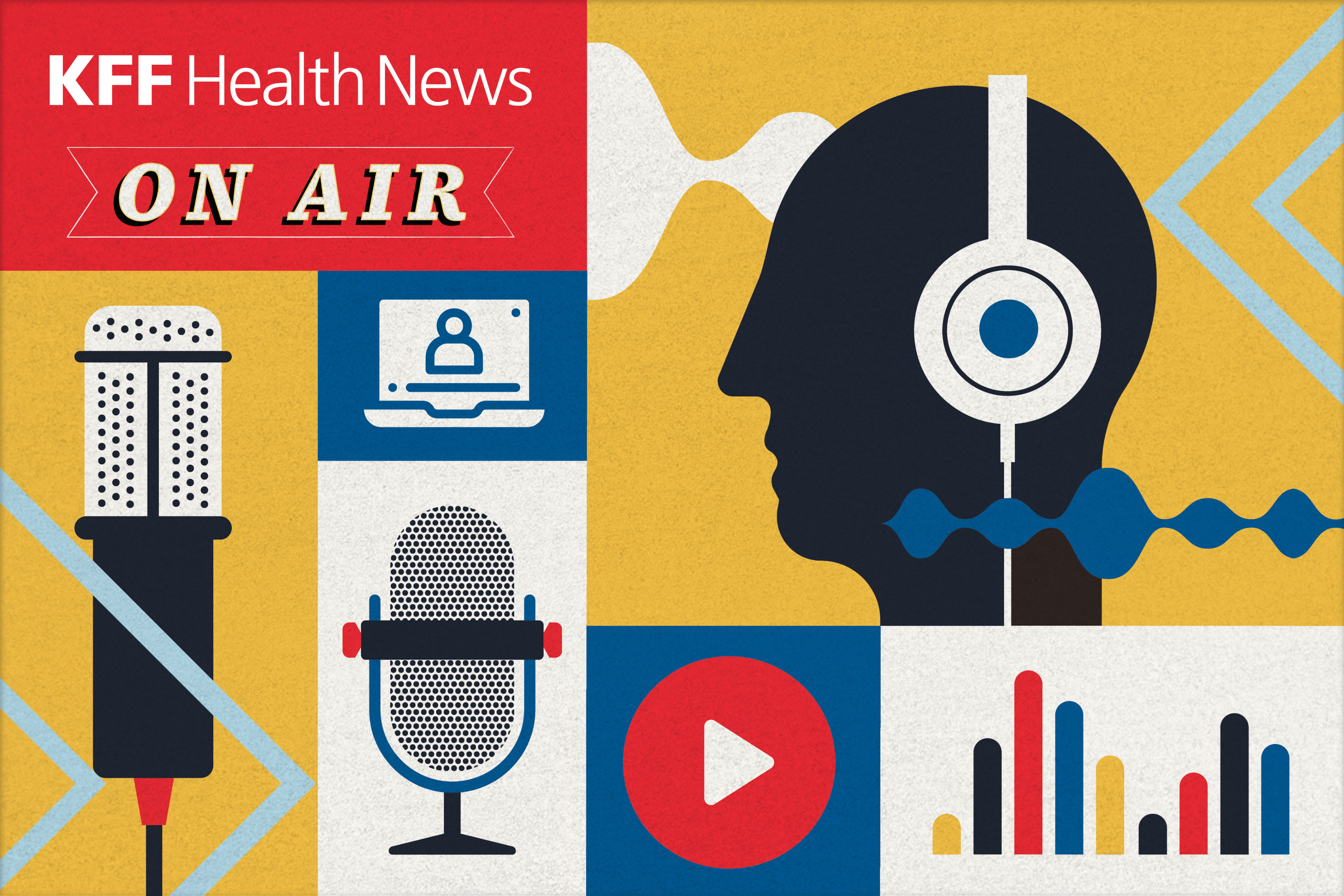Annual Family Premiums for Employer Coverage Rise 6% in 2025, Nearing $27,000, with Workers Contributing $6,850 Toward Premiums
This annual survey of employers provides a detailed look at trends in employer-sponsored health coverage, including premiums, worker contributions, cost-sharing provisions, offer rates, and more. This year’s report also looks at how employers are approaching coverage of GLP-1 drugs for weight loss, including their concerns about use and cost.




